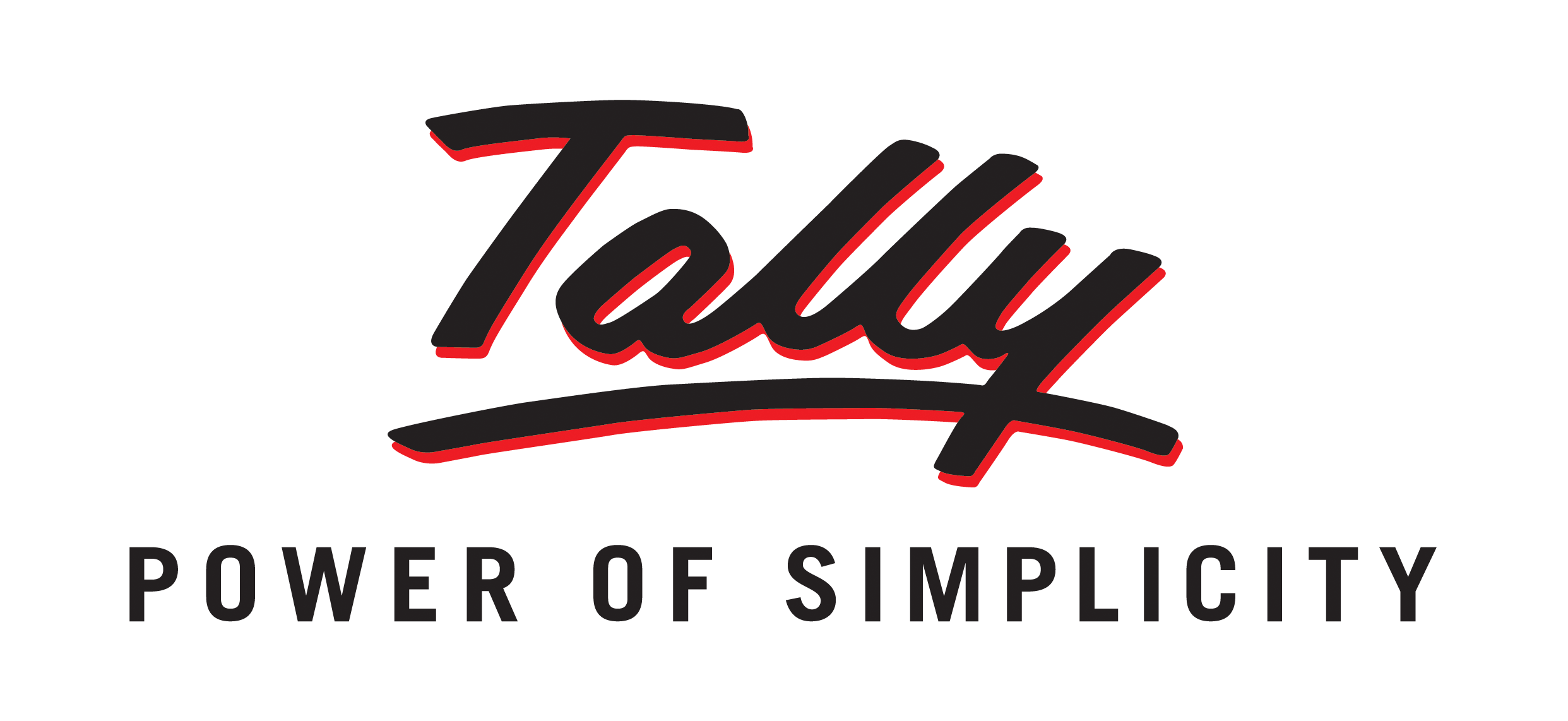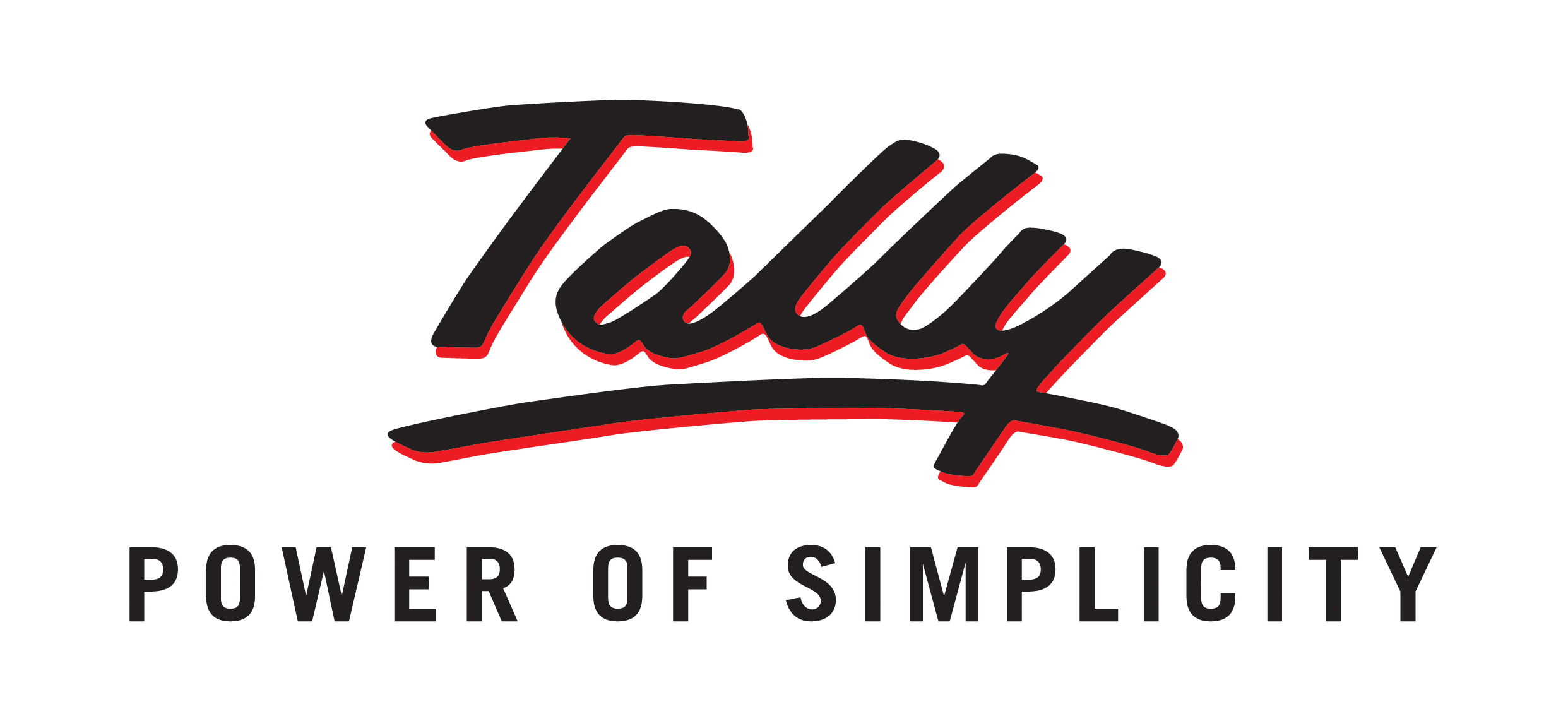Is Your UAE Free Zone Business Really Tax-Exempt? Let’s Clear the Confusion
A lot of Free Zone businesses in the UAE are celebrating the new corporate tax rules, thinking they’re fully exempt. But is that really the case? The truth is—not all Free Zone entities automatically qualify for tax exemption, and that’s where things can get tricky.
The UAE’s new corporate tax framework brought some much-needed structure, but it also raised important questions about Free Zone tax exemption and qualifying income.
Let’s unpack what’s going on and what you need to know—without the legal jargon.
The Big Question: Are All Free Zone Businesses Exempt from Corporate Tax?
Short answer: No.
While Free Zones have long been considered tax havens, the introduction of UAE corporate tax means only certain types of income qualify for the 0% tax rate. If your business doesn’t meet the criteria, you could end up with an unexpected tax bill.
To benefit from Free Zone tax exemption, your business must be a Qualifying Free Zone Person (QFZP) and earn Qualifying Income as defined by the Ministry of Finance and Federal Tax Authority (FTA).
So, What Is Qualifying Income?
This is where most businesses get stuck.
Qualifying Income includes income derived from:
- Transactions with other Free Zone entities
- International business operations (outside the UAE)
- Certain regulated financial and shipping activities
- Specific qualifying intellectual property activities
However, if you’re dealing with mainland UAE companies, that income may not be fully exempt unless it falls under specific conditions.
Who Can Be a Qualifying Free Zone Person (QFZP)?
To be recognized as a QFZP, your Free Zone business must:
- Maintain adequate substance in the Free Zone
- Earn only or mostly Qualifying Income
- Not have elected to be subject to standard corporate tax (9%)
- Comply with transfer pricing and economic substance regulations
This isn’t just paperwork—your eligibility depends on proper business structure and documentation.
What Happens If You Don’t Qualify?
If your business fails to meet the criteria even for one financial year, you lose the tax exemption benefit and become subject to standard 9% UAE corporate tax.
That’s why staying compliant isn’t just important—it’s essential.
Common Mistakes Businesses Are Making
- Assuming all Free Zone activities are exempt
- Not tracking income sources properly
- Ignoring transfer pricing rules
- Failing to maintain substance in the Free Zone
Even businesses that believe they’re compliant are often unintentionally disqualified due to simple missteps.
Here’s What You Should Do Next
- Assess your business structure—Are you really operating within Free Zone guidelines?
- Break down your income sources—Which parts qualify and which don’t?
- Consult with a corporate tax advisor—Don’t wait for the FTA to tell you you’ve made a mistake.
Conclusion: Don’t Rely on Assumptions—Get Clear on Free Zone Tax Exemption
With the UAE’s corporate tax now live, the rules around Free Zone tax exemption and qualifying income are more important than ever. Staying in the dark could cost your business more than just tax—it could impact your entire operation.
Make sure you’re not just guessing. Take the time to understand what truly qualifies—and protect your business.




